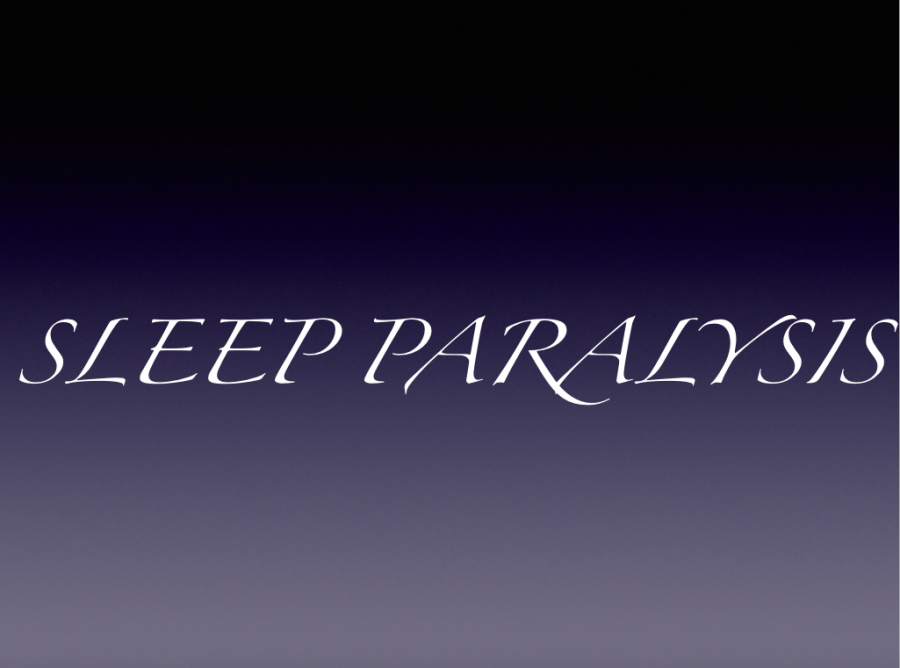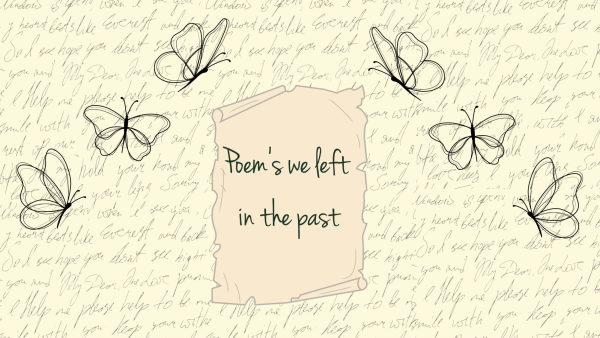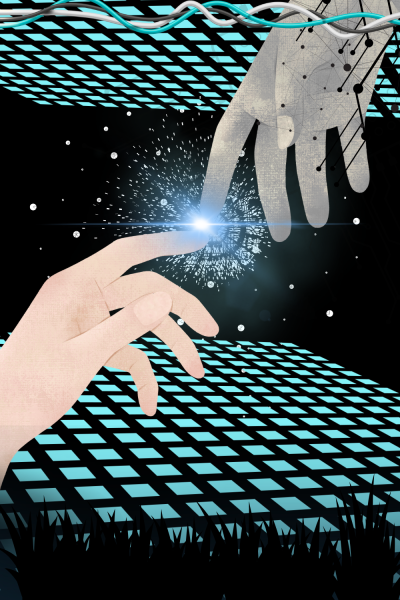SLEEP PARALYSIS
Here is the science behind this terrifying experience.
In your sleep, have you ever all of a sudden felt like you can’t move, talk, and breathe for a few seconds to a minute? This rare, horrifying episode in your sleep is what scientists call “sleep paralysis.” As defined by WebMD, sleep paralysis is a feeling of being conscious but at the same time unable to move, and can occur when trying to fall asleep or waking up.
If this occurs while you are falling asleep, this is called “hypnagogic sleep paralysis,” a condition in which, if you remain or suddenly become aware while falling asleep, you will feel like you cannot move or speak. On the other hand, if sleep paralysis occurs while you are waking up, this is called “hypnopompic sleep paralysis.” This happens if you become aware before your REM (rapid-eye-movement) cycle has finished.
Sleep paralysis is never really a symptom of a serious problem, and nobody has been left paralyzed or died from this, so don’t worry too much if this happens to you. According to sleep researchers, sleep paralysis is just a sign that your body did not move smoothly through the stages of sleep; the condition is rarely linked to psychological problems. Other factors of sleep paralysis could be lack of sleep, a change in sleep schedule, sleeping on your back, side effects of certain medications, sleep problems such as narcolepsy, or family history. You don’t need to see a doctor for this unless it is leaving you with fatigue during the day or it is keeping you up at night.
This has happened to me a couple of times in the past; my most recent experience was this past week. I was dreaming that some monster was headed to my room, so I opened my eyes and tried to wake myself up from the dream. I tried to move my arms and legs, but they wouldn’t budge a single inch. I tried to yell, but no sound came out of my mouth. I also felt some pressure on my chest as I tried to breathe—it was quite hard to do so. This lasted for about 30 seconds. After it ended, I finally actually woke up and saw it was morning, so I got out of bed, surprised at what just happened. It turns out, that was just a scary experience of sleep paralysis.
In conclusion, the feeling of not being able to move, talk, or breathe for a few moments is what scientists call sleep paralysis. Going to bed on time, following your sleep schedule, and reducing stressors before bed can help reduce your chances of this happening to you.
Works Cited
Unknown. “Sleep Paralysis.” WebMD, WebMD, www.webmd.com/sleep-disorders/guide/sleep-paralysis#1.

Hi everyone! I'm Enya, the Associate Editor for the 20-21 school year at iHoot! I'm a senior here at iUPrep. This is my 6th year at iUPrep and 5th year...









